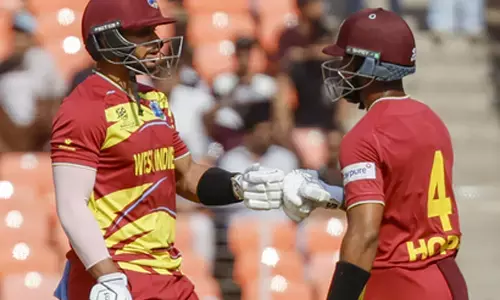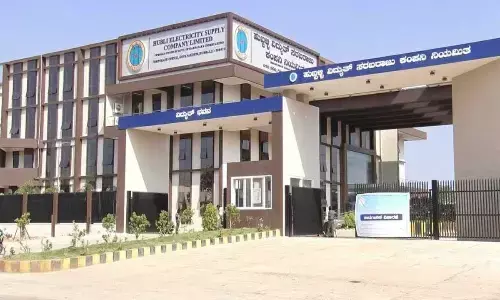Rule of law for outlaws!

Once again the proverbial Jehangirian justice has been done by the apex court who readily and urgently heard the teammate lawyers of the innocent accused, Naxalites, arrested in a predawn swoop at different cities by the police
Once again the proverbial Jehangirian justice has been done by the apex court who readily and urgently heard the teammate lawyers of the ‘innocent’ accused, Naxalites, arrested in a pre-dawn swoop at different cities by the police!
On the face of it, obviously there is nothing wrong in granting the urgent hearing by a court to a matter of urgent nature in order to do justice, but the problem comes when this extraordinary step is taken by the court at the instance of some identifiable groups of avowed ideology. The problem also erupts when at the insistence of these groups or gangs the iron gates of the apex court open at any time including the dead hours.
The problem is further compounded when the action of the law enforcing agencies are squarely set aside and prima facie - offenders are set free.
As is the normal judicial practice, the courts are loath to interfere with the investigation process initiated by an authority. In the matters of granting bail, the police version that the matter is under investigation is given due weightage.
In the instant case, what is baffling is that the Supreme Court perhaps inadvertently has virtually obstructed the process of investigation by not allowing the custody of the accused Naxalites to police and just putting them under house arrest.
This kid-glove treatment to the persons having allegiance to the banned Maoist movement would not only bolster the spirit of such dreaded criminals and anti-nationals but also create a sort of creditability gap about the country’s judicial mechanism.
Indeed, it is high time to travel beyond the oft repeated maxim that a democracy should be of the people, by the people and for the people and instead ponder over as to democracy for what kinds of people. Certainly, there is no question of granting the honourable treatment of equality and fair play as has been enshrined in our Constitution to the outlaws who have scant regard for the Constitution and the laws made thereunder.
Since early seventies the Maoist outfits under different nomenclatures have been actively working against the interests of the country with overt or covert support of the people in power and pseudo intellectuals. In the past, these criminal gangs with a fashionable label of Naxal have been used as ‘supari’ killers by the then ruling clans of Congress and the Communists to silence opposition and eliminate the nationalist forces.
They were granted royal patronage in so much as that their leaders were allowed to move about freely and live in palatial houses right under the police nose. The height of their proximity with the power sources could be judged from the fact that the governments of yesteryears had sent official emissaries to talk with them and even provided red-carpet welcome to one of the Naxalite leaders to come as a State guest and receive ‘representations’ from the members of the public like a Chief Minister! Today when the tables have turned, these habitual criminals are feeling the heat and seeking solace under the very Constitution which they fiercely disobey.
Therefore, there is no need to shed tears for the crackdown on these criminal gangs who have the audacity to wage a war against India and evil designs to liquidate the lawfully elected Prime Minister. Let the police, other security agencies and defence forces do their work of ensuring ‘Swatchha Bhrat’ and meanwhile let the courts refrain from showing judicial activism or at least reserve it for a later date to correct any procedural aberrations.
Fruits of leniency
Showing too much leniency is, indeed, not desirable. Perhaps taking a cue from the concern shown by the apex court in recent cases involving a condemned gangster, separatist and extremist gangs and warring political parties, some ‘interested’ parties have tried to build bridges directly with the judges of the apex court.
And this is not just a figment of imagination. This truth has directly come from the horse’s mouth. On August 30, Justice Indira Banerjee, who has been hearing a case pertaining to Hotel Royal Plaza, revealed in open court about an attempt to influence her in the case.
She hinted that someone had telephoned her for the same. Still what is more revealing is the fact that such attempts are sometimes made even by senior members at the bar who come on the pretext of congratulating a judge and then start talking about pending matters. Such a scenario leads us to ask, “where is our country heading to?”










